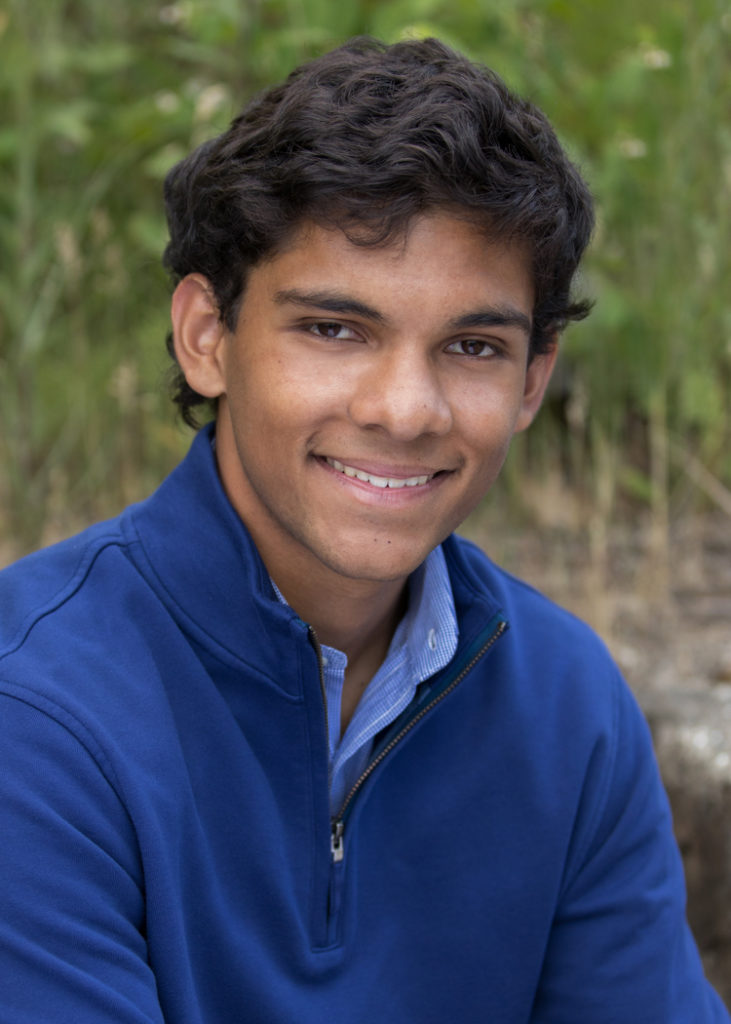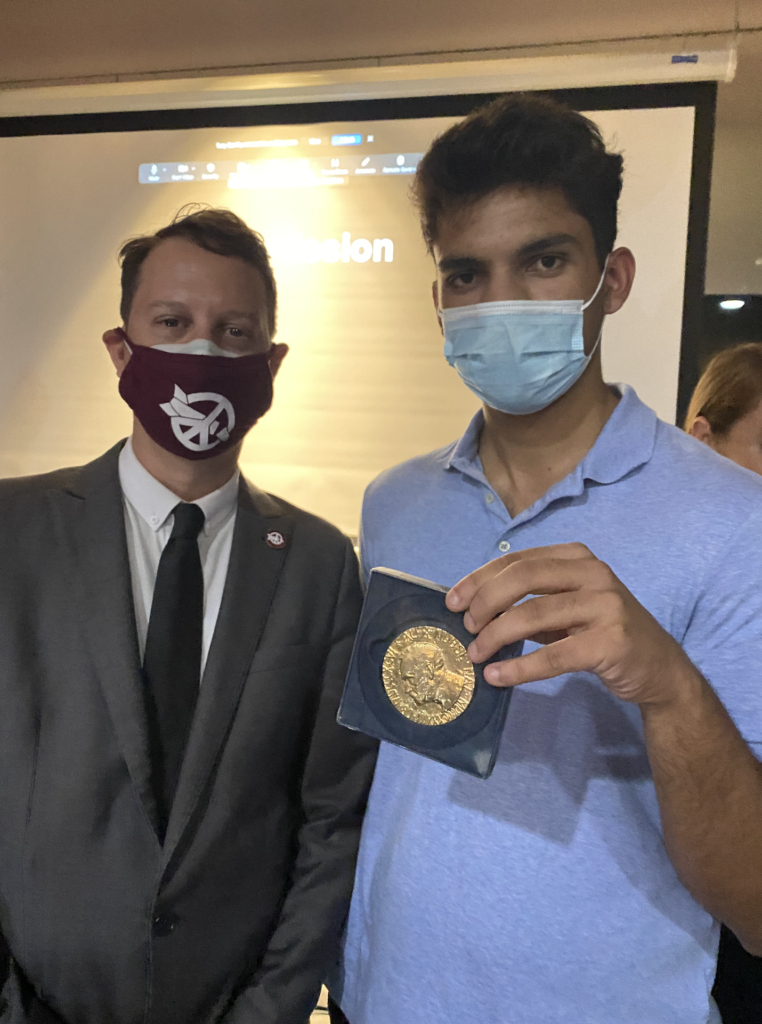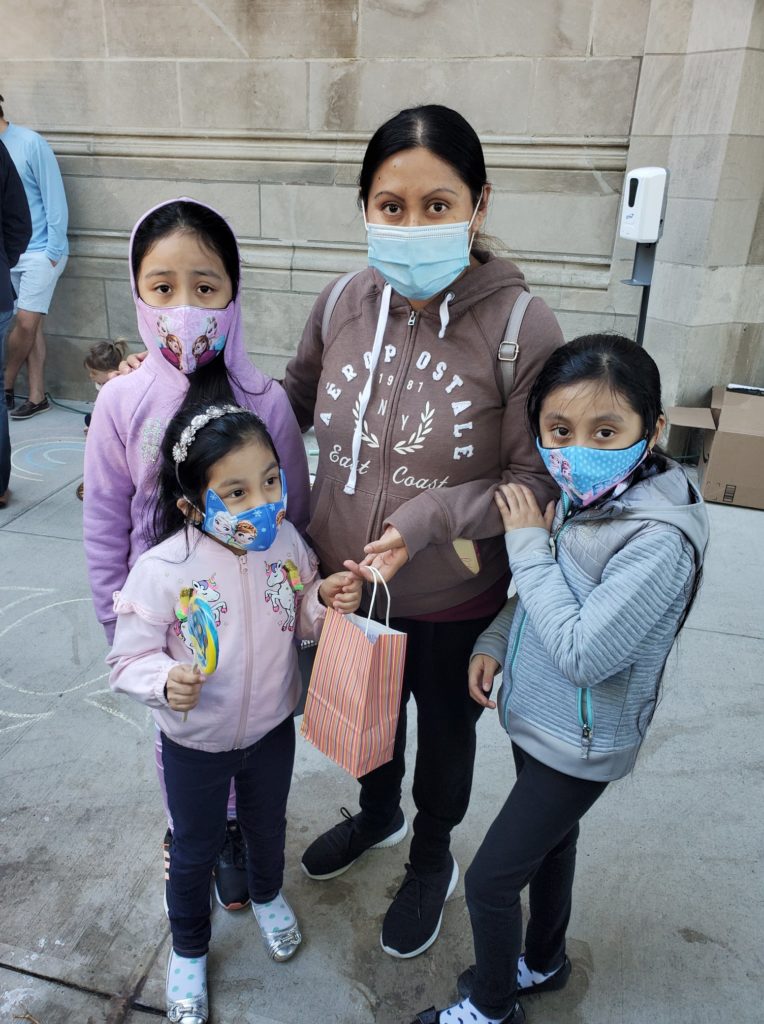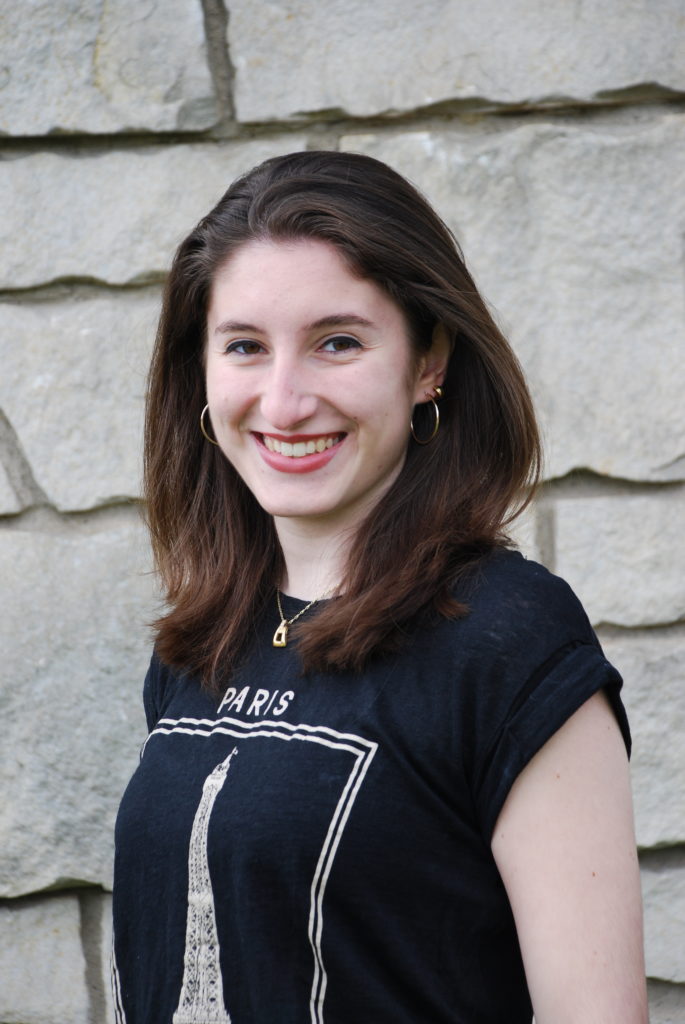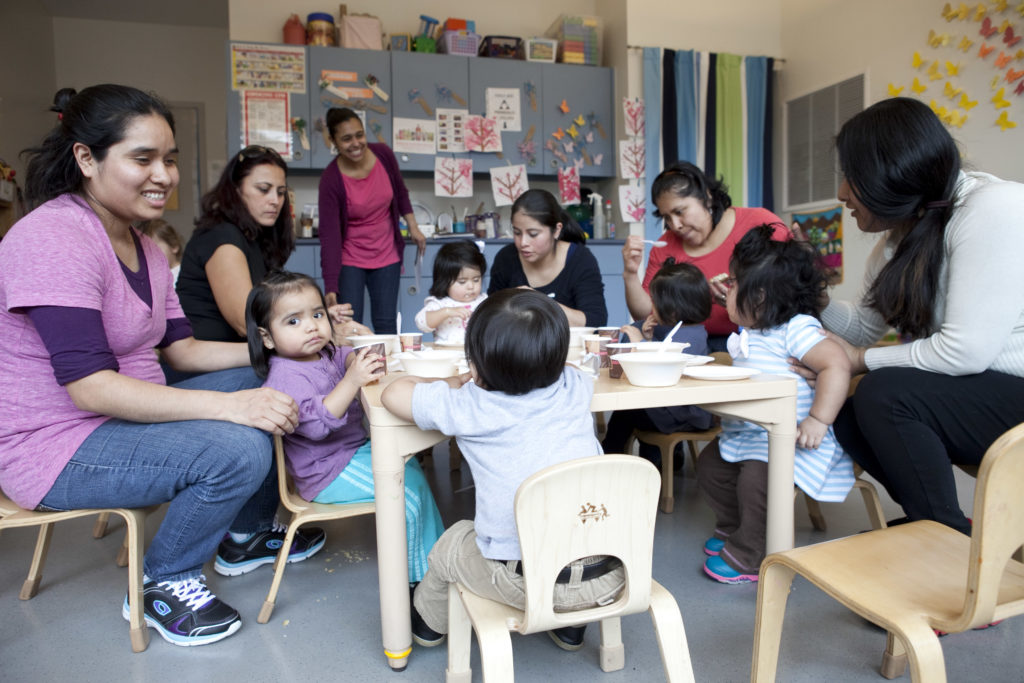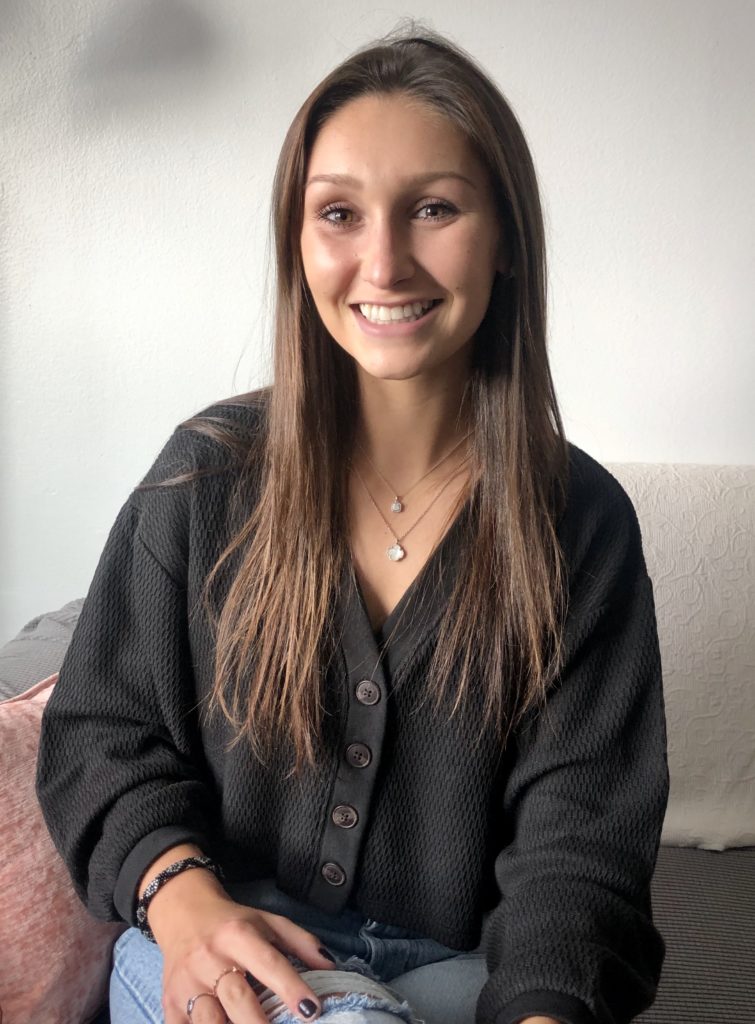This is the second post in a series of six posts written by the Summer 2021 Honors Internship Fellows. The students received a stipend that enabled them to work at non-profit organizations for the common good.
Author: Patrick, junior
This summer, I had the opportunity to work in Disaster Services at the American Red Cross of Illinois. During my time there, the ARC team responded to hundreds of disasters, opened shelters throughout the state, and offered 24-hour services to people in need. As a Volunteer Lead, I administered the response schedule for Response Area 2, helped transition our team to a new online platform, and implemented a monthly forum for our volunteers. As a Disaster Service Associate, I conducted virtual responses to house fires and tornados, in addition to attending weekly regional leadership meetings to discuss the state of disasters in the Midwest and the nation at large. This experience has been amazing! It introduced me to the unique responsibilities of a nonprofit, opened my eyes to the realities of disaster relief, and has solidified my desire to do similar work in the future.
From my time at the Red Cross, I have most appreciated getting to work with incredibly talented professionals who prioritize character and humanity in their work. During the last week of my remote internship, I finally got to meet my supervisor, Isamar, in person at the Rauner Center in Chicago. She gave me a tour and introduced me to everybody in the building. After telling them it was my last week and I would be moving to New York for school, every single person I met – including both our Regional CEO and Executive Director – gave me their contact information and told me to reach out to them if I needed anything. This speaks to the quality of people working at the Red Cross and is a testament to the atmosphere they have created: character and meaningful relationships are prioritized at all levels, at all times.
If I’ve said this once, I’ve said it a million times: I love my job. It’s stressful at times, heartbreaking at others, and almost always tiring. But I love it. I am so grateful for Dr. Keller, Ava, and the rest of the Honors Program for creating the Summer Internship Fellowship. This program has made it possible to work at a nonprofit, and I believe the Honors Program community not only inspired me to join the Red Cross, but also made me qualified to do so. I am incredibly grateful for this opportunity and I look forward to applying my Red Cross experience in the classroom and beyond.

